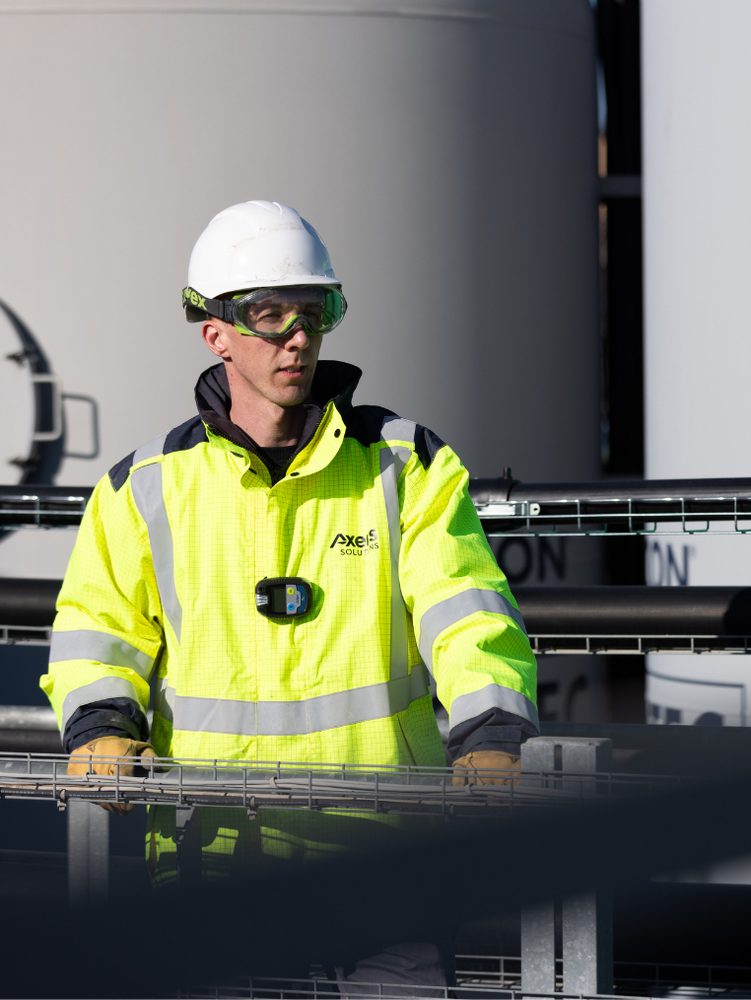
Axens Offer
Axens is the first company to have started up units producing FCC gasoline at 10 wppm sulfur which gives us unrivaled industrial expertise, accumulated from years of experience.
The commercially proven Axens Prime-G+® technology is the market leader for this selective hydrodesulfurization of cracked naphtha.
Stay Ahead
Upcoming Events
-
Conference
New Orleans, LA - Central Standard Time
3 Days
AFPM Annual Meeting 2026

The AFPM Annual Meeting will be held in New Orleans, LA on March 15 - 17, 2026 at the Hyatt Regency New Orleans. The AFPM Annual Meeting is the world's premier refining meeting, assembling key executives, decision-makers, and technical experts from refining businesses, technology providers, contracting and consulting firms, and equipment manufacturers around the world.
Oil Refining
Energy Efficiency
Benzene Hydrogenation
C₄ Isomerization / Alkylation / Olefins Hydrogenation
C₅-C₆ Isomerization
Catalytic Cracking
Catalytic Reforming
Diesel Hydrotreating
Etherification
FCC Naphtha Hydrotreating
FCC Naphtha Sweetening
High-conversion Hydrocracking
Kerosene Sweetening / Hydrotreating
LPG Sweetening & Olefins Recovery
Lube Plant
Naphtha Treatment
Oligomerization
Residue Hydroconversion & Hydroprocessing
Thermal Process
VGO Hydrotreating (CFHT) / Mild Hydrocracking
Solvent Deasphalting (SDA)
Digital Services & Applications
Catalysts, Adsorbents, Gradings
Energy Efficiency
Equipment Supply
Furnaces & Waste Heat Recovery
Process Technologies
Technical Support & Performance Management
Training
Unit Revamps & Retrofits
Axens Americas
Chloride Removal Adsorbent
Drying Series Adsorbent
Fluoride Removal on LPG & Alkylate Adsorbent
Mercury Removal Adsorbent
Paraffin Separation Adsorbent
Sulfur Removal for Oil, Gas & Petrochemicals Adsorbent
+36
Explore some
Resources
Technical article
Technical Article - Maximize Refinery Profitability with Novel RFCC Technologies
Technical article
Technical Article - Have Your Cake And Eat It
Case Study
Case Study - Refining petrochemicals integration
Case Study
Case Study - The Implementation Of An APC Led To A 12% Decrease Of Octane Loss Resulting In More Than 5 MM US$/year Of Additional Benefits
Oil Refining
Case Study
Case Study - The Implementation Of An APC Led To A 12% Decrease Of Octane Loss Resulting In More Than 5 MM US$/year Of Additional Benefits
Read more
Technical article
Technical Article - Maximize Refinery Profitability with Novel RFCC Technologies
Technical article
Technical Article - Have Your Cake And Eat It
Technical article
Technical Article - Using Technology to Increase Middle Distillate Production
Technical article
Technical Article - Use Real-Time Optimization For Low-Sulfur Gasoline Production
FAQ
Is there a route for post-treating gasoline with minimal octane loss?
FAQ
How can we minimise gas and coke make with heavy feed to our FCC?
FAQ
Can I reduce riser outlet temperature in our FCC unit while maintaining conversion level? Is a higher activity catalyst needed?
Press release
Uzbekneftegaz selects Axens’ advanced technologies for production of Euro V gasoline at Bukhara refinery
Press release
MiRO & Axens Celebrate Twenty Years of Close Partnership Around Prime-G+® Technology
Press release
Axens Selected for Byco’s Refinery Upgrading Project Phases I, II & III to Support in Producing Euro V Gasoline and Diesel, Pakistan
Press release
Axens and Sulzer alliance delivers an advanced FCC naphtha processing solution
TO CONTACT US
Please fill in the contact form below